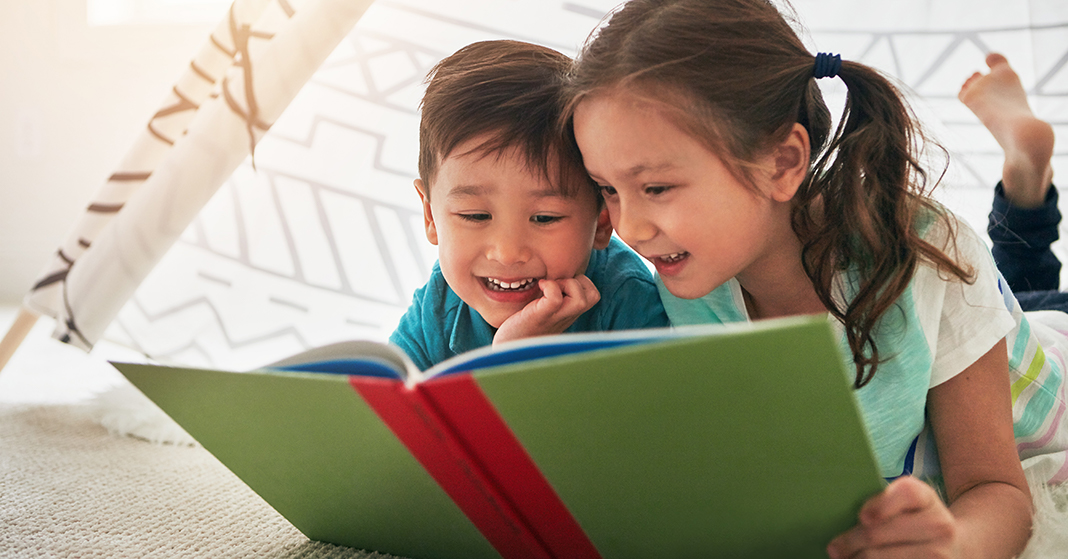
In the last few years, there has been a trend towards dystopian literature in young adult fiction. Though the trend may eventually die down, the books it has produced are still popular. If your children start asking about reading these books or watching the movie adaptations, what will you say? It’s always better if you read them yourself first. But you may still find yourself uncertain about whether dystopian fiction is appropriate for your children.
Let’s address a few of the basic questions you may have and point out some things to consider when approaching this genre of literature.
What is dystopian fiction?
Dystopian fiction is the opposite of utopian fiction. Instead of living in a perfect world, the characters typically live in a post-apocalyptic world with highly isolated societies. Dominant themes include an overly controlling, and often broken, government and a socialistic structure of society. Series such as The Hunger Games and The Giver are examples of popular dystopian fiction, but the genre is far from new. Though there is some debate, the earliest dystopian novel is either The Time Machine (1895) or When the Sleeper Wakes (1899), both by H. G. Wells. Rebellion against an oppressive government and violence because of that rebellion often characterizes the genre. It also has a tendency to be hopeless and repressively dark.
Why is dystopian fiction popular now?
Of course, a work of literature makes more sense when you understand its author’s background, but it’s also true that what a society chooses to highlight often reveals a great deal about that society. The culture that’s drawn to dystopian literature often identifies with the darkness, fear, death, and hopelessness that dystopian works portray. It’s a society that lacks security and dreads an uncertain future. It sees itself reflected in solitary heroes who try to repair a system that was broken long before they were born. It’s a society that is deeply afraid, with nowhere to turn. Even when their heroes win, it often feels like a broken victory.
The people in this society are your children’s peers and friends.
How can dystopian fiction be valuable?
Just like many other books, dystopian novels offer an opportunity to discuss a biblical worldview of the issues they raise. Naturally, mature children or those whose parents are reading along with them will be better equipped to critique those ideas. The following questions may also help direct your discussion of dystopian fiction: What does the Bible say about obeying the laws of governments? What does it say about obeying laws that are contrary to God’s law? How could the protagonist have handled a bad situation differently? What is a biblical response to a fearful and troubled society?
But perhaps even more importantly, familiarity with these stories opens up pathways of communication for your children with their peers. Yes, we live in a dark and broken world, but its future is by no means uncertain. We have a greater hope in Christ, who has already won a complete victory, and in His hands those who trust in Him are secure for all eternity. Your child might have a wonderful opportunity to share the hope we have in Christ with others who are deeply discouraged.
